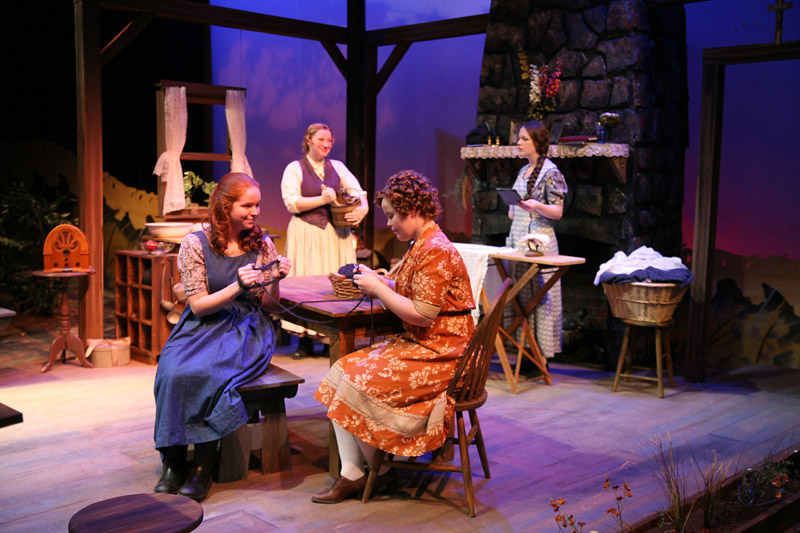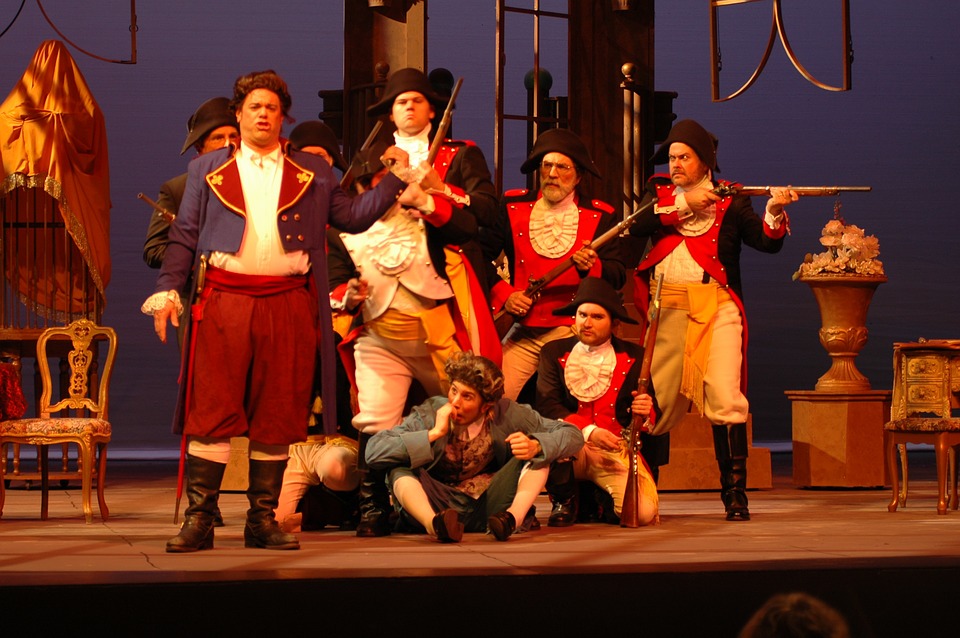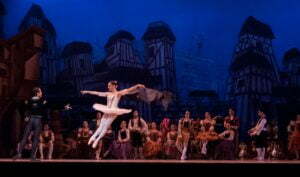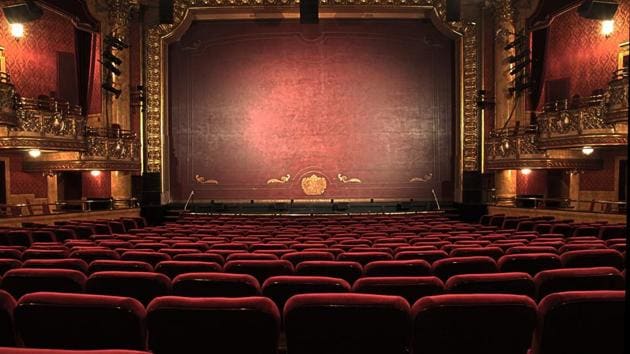A brilliant play entices you. It immerses you in an interactive experience. The dead poets’ society (Watch it if you haven’t!) does a remarkable job of portraying this feeling.
Drama is the backbone of theatrical performances.
Often used interchangeably, the words drama and theatre hold different meanings. Theatrical performances are based on drama scripts. On the other hand, theatre revolves around the performance of a play. An audience is present. In conclusion, Drama is a literary form and theatre is a performing art.
Ingredients and their proportions determine the flavor of a dish. Similarly, a combination of the elements of drama makes up an amazing script!
Ingredients to add in a Drama script to make a remarkable concoction
Plot

The plot is the unfolding of events in a play. It takes us through the sequence of events that makes a story. A typical plot is based on 5 main elements-
- Exposition– introduction of main characters, the story, and their conflict.
- Rising action– The main character starts the journey towards facing the conflict. The story becomes complicated.
- Climax– A major crisis occurs and the maximum drama, action, and excitement takes place here.
- Falling action– The story begins to cool down. The writer starts tying the loose ends.
- Resolution– The story reaches its end as the author wraps up tying the loose ends.
The plot is the foundation of a drama script.
Role and Character
- Role– A role tells us about the involvement of someone in an activity. It also gives us an insight into their effect on the activity. In terms of performing arts, It refers to a character played by an actor in a play.
The role focuses on types and stereotypes.
- Character– A character is a living or non-living entity which helps in moving along the plot. A drama can focus on the internal or external conflicts of a character. Character versus self is the core of the internal conflict. External conflict gives a variety to a plot with character v/s character, character v/s nature, and character v/s society.
https://www2.anglistik.uni-freiburg.de/intranet/englishbasics/DramaCharacter01.htm (For learning about the character in detail, refer to this article.)
Relationships
Dramatic actions are dependent on relationships. Drama mirrors society. Therefore, it focuses on the relationship dynamics between
- People
- The society or environment, and people
- People and abstract ideas
Situation
The questions “who, where, what, and when” will give you an idea about the situation in drama. These questions give us the context of what effect it has on the characters/roles. It is the condition of character/characters. The writer often introduces us to the situation the characters are in at the beginning of the script.
Voice
The deliberate modulation in the voice of the characters can impact the plot. Moreover, the expressive use of voice can paint a picture about the situations, roles, relationships as well as mood in the audience’s mind.

Movement
The body language of characters concerning time and space helps the story. Hence, the Posture along with their facial expressions, and action sequences build up the character and their relationships, atmosphere, and situations.
Focus
Space and movement can play a vital role in bringing focus to certain elements in the performance. You can bring attention to the core idea of the drama by choosing where to focus. Concentrating attention in a particular direction helps to bring focus to a certain thing. For instance, actors do this by pointing a finger in the distance for emphasis.
Tension
The audience responds to the element of surprise, mystery, or conflict with anticipation. The internal and external conflicts of the characters increase tension. As a result, it enhances the dramatic action. It captivates the audience. The tension in a drama can affect the mood of the play.
Space
Actors use space to perform a play. It can be the quintessential raised stage or it can be at the audience’s eye level. Plays are also performed on the street to raise awareness about an issue. The emotional space between characters is also important. Likewise, the space between performers and the audience shapes a play.

Time
The flow of the play depends on time. The word ‘time’ can be used in two contexts. The first one is the period in which the dramatic performance is based. The other meaning of it could be the pace and rhythm at the play should be carried on.
Language
Drama scripts revolve around communication. Spoken language influences the language in drama. That is to say, it is in the form of a speech. Along with the direct participants in the conversation, there is also a third and an important element- the audience. These nuances are kept in mind while writing a script. However, language in drama and everyday speech have some differences. This article will give you some more information https://www.grin.com/document/99449
Symbol
A symbol is a thing especially a material object which represents something else. We can use a prop to symbolize an abstract idea. Movements and actions can be used symbolically too. A symbol is often used in drama to convey a deeper meaning or to address the issues in the drama without the need for dialogue. The audience is left to interpret the themes and issues.
Audience
The audience is not a direct part of drama writing. Artists perform these plays. this brings the viewers into our field. Plays captivate the audience emotionally as well as intellectually. The boundaries of drama and theatre are ambiguous in the age of the internet. As a result, we can watch plays virtually in real-time. In addition, the scope of involvement of the audience in the theatre has bloomed.
Mood and atmosphere

The dramatists try to evoke emotions in the reader and audience. Mix these elements and you determine the mood of the play. The mood helps build the atmosphere.
Conclusion
There are different combinations of elements important in drama. The ones mentioned above will give you a peek into the world of drama. Watch plays and get familiar with these terms. Read drama scripts to understand the nuances of this literary art. Above all, get familiar with these elements.
Check out What is Theatre Acting? Why should your child take up theatre acting? to learn more about theatre acting.
Share with your friends






